Staying focused can be challenging with distractions constantly vying for your attention. From social media notifications to the temptation to multitask, it’s easy to get sidetracked. However, regaining control of your focus is not only possible but essential for productivity. By implementing a few mindful strategies, you can cut back on distractions and boost your ability to stay on task. Here are some practical ways to enhance your focus and make the most of your time.
Contents
- 1 Create a Designated Workspace
- 2 Limit Social Media Use
- 3 Use Time-Blocking Techniques
- 4 Prioritize Tasks with the Eisenhower Matrix
- 5 Set Clear, Achievable Goals
- 6 Use the Pomodoro Technique
- 7 Turn Off Non-Essential Notifications
- 8 Break Big Tasks into Smaller Steps
- 9 Use Noise-Canceling Headphones
- 10 Establish Boundaries with Others
- 11 Practice Mindfulness and Meditation
- 12 Minimize Multitasking
- 13 Declutter Your Digital Space
- 14 Schedule Regular Breaks
- 15 Stay Hydrated and Nourished
- 16 More From RetailShout
- 17 15 Easy Trader Joe’s Bowls You Can Whip Up in Minutes
- 18 10 Dishes You Should Never Choose on a First Date
Create a Designated Workspace
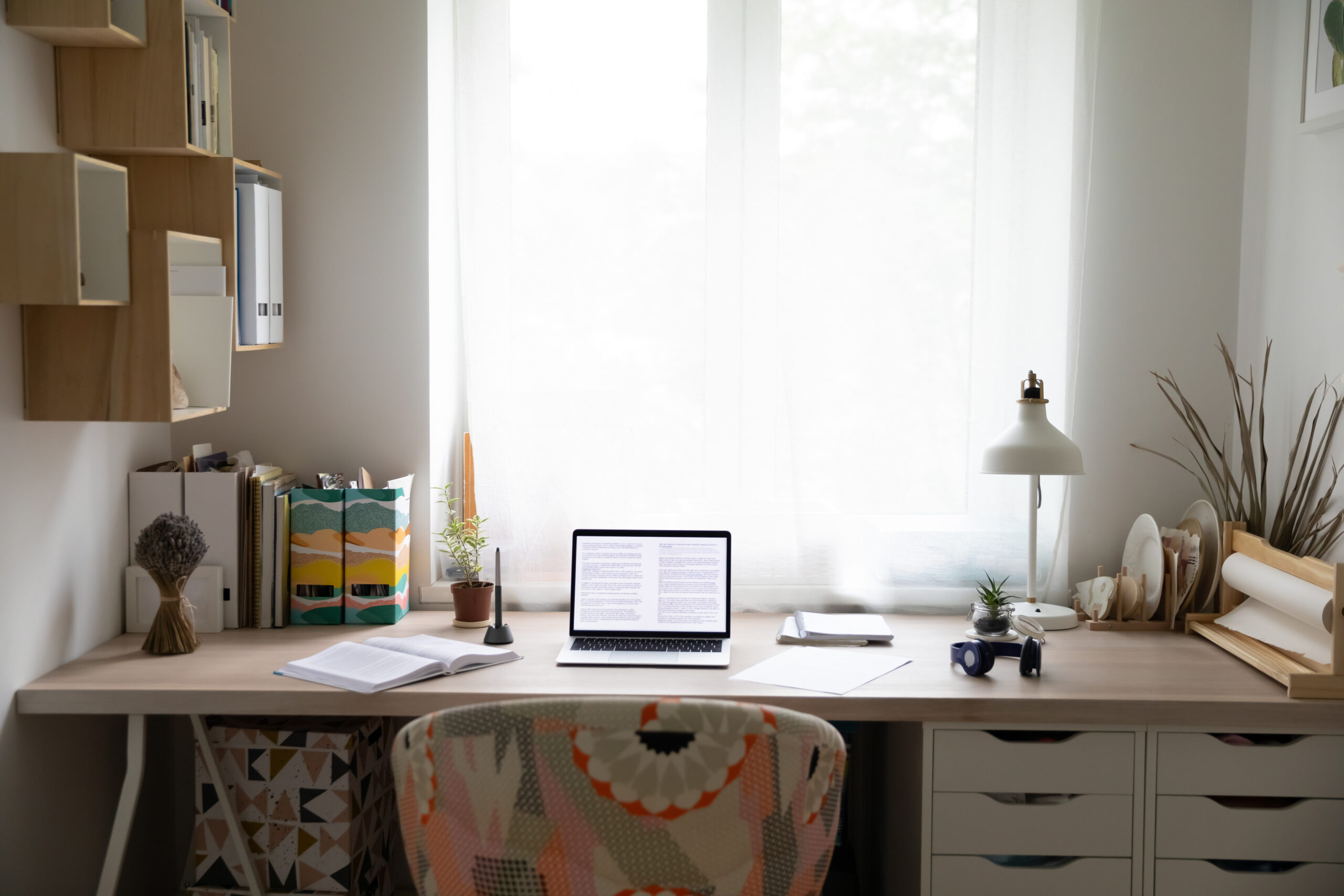
Setting up a specific area for work or study helps your brain associate the space with productivity. Make sure your workspace is comfortable, organized, and free of unnecessary clutter. This physical separation of work and leisure reduces the chances of getting sidetracked by things unrelated to the task at hand. If possible, try to work in a quiet area to minimize noise-related distractions. A well-designed workspace can help maintain a mental focus by keeping your mind engaged with the task in front of you.
Limit Social Media Use

Social media can be a major source of distraction, often consuming more time than we realize. Set specific times during the day to check your social platforms, and use tools that block access during work hours if needed. By scheduling your social media use, you prevent the constant interruptions that break your focus. Alternatively, turning off notifications for non-essential apps helps to keep you on track. This habit can save time and allow you to concentrate more effectively on your priorities.
Use Time-Blocking Techniques
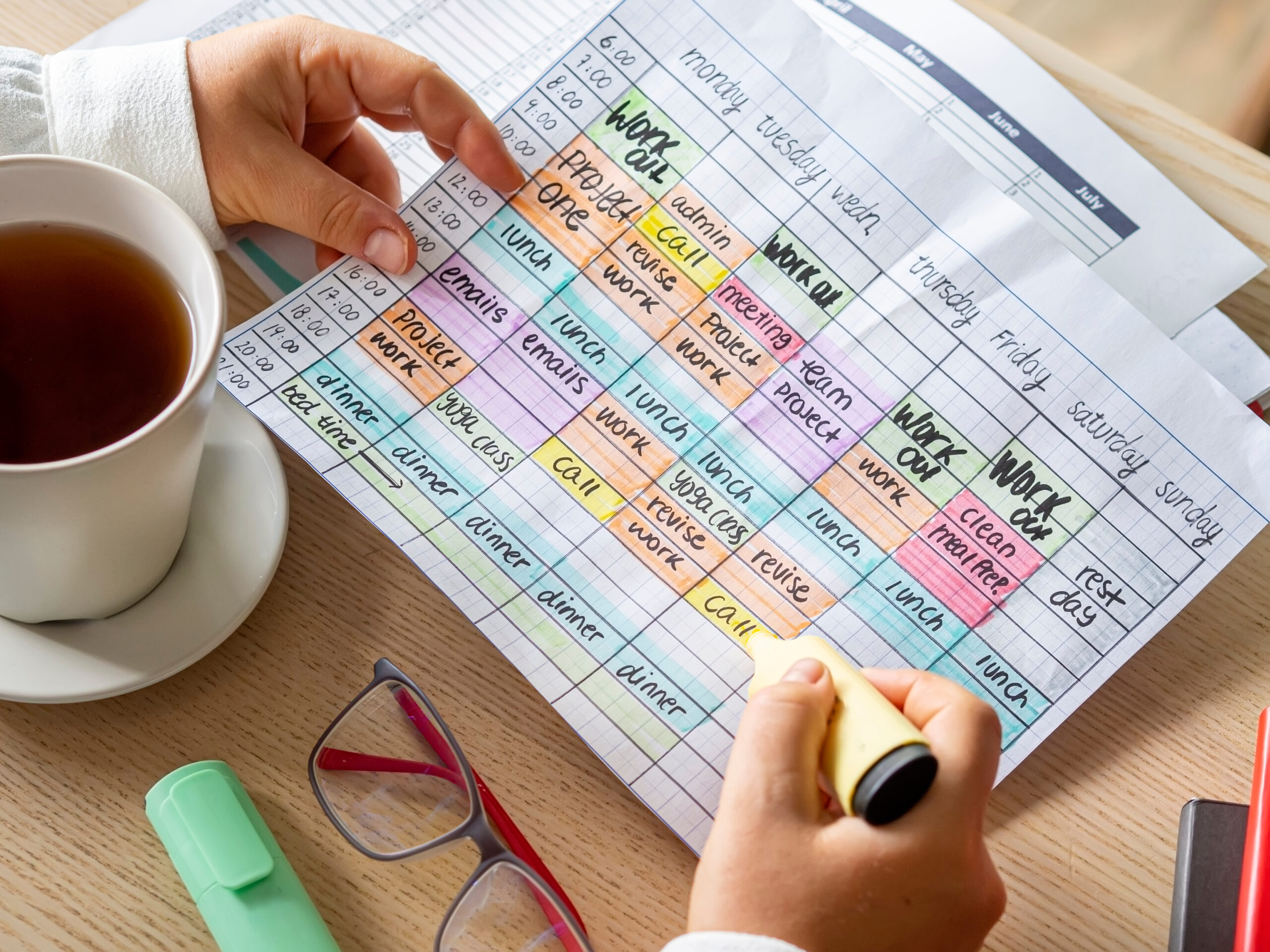
Time blocking is a method of allocating specific periods to different tasks throughout the day. This approach helps you focus on one task at a time without getting distracted by others. By scheduling your time in advance, you create a roadmap for the day, reducing decision fatigue and improving efficiency. This technique also allows you to include breaks, ensuring that you don’t burn out while maintaining productivity. Over time, time blocking helps you develop discipline and creates a productive rhythm in your day.
Prioritize Tasks with the Eisenhower Matrix
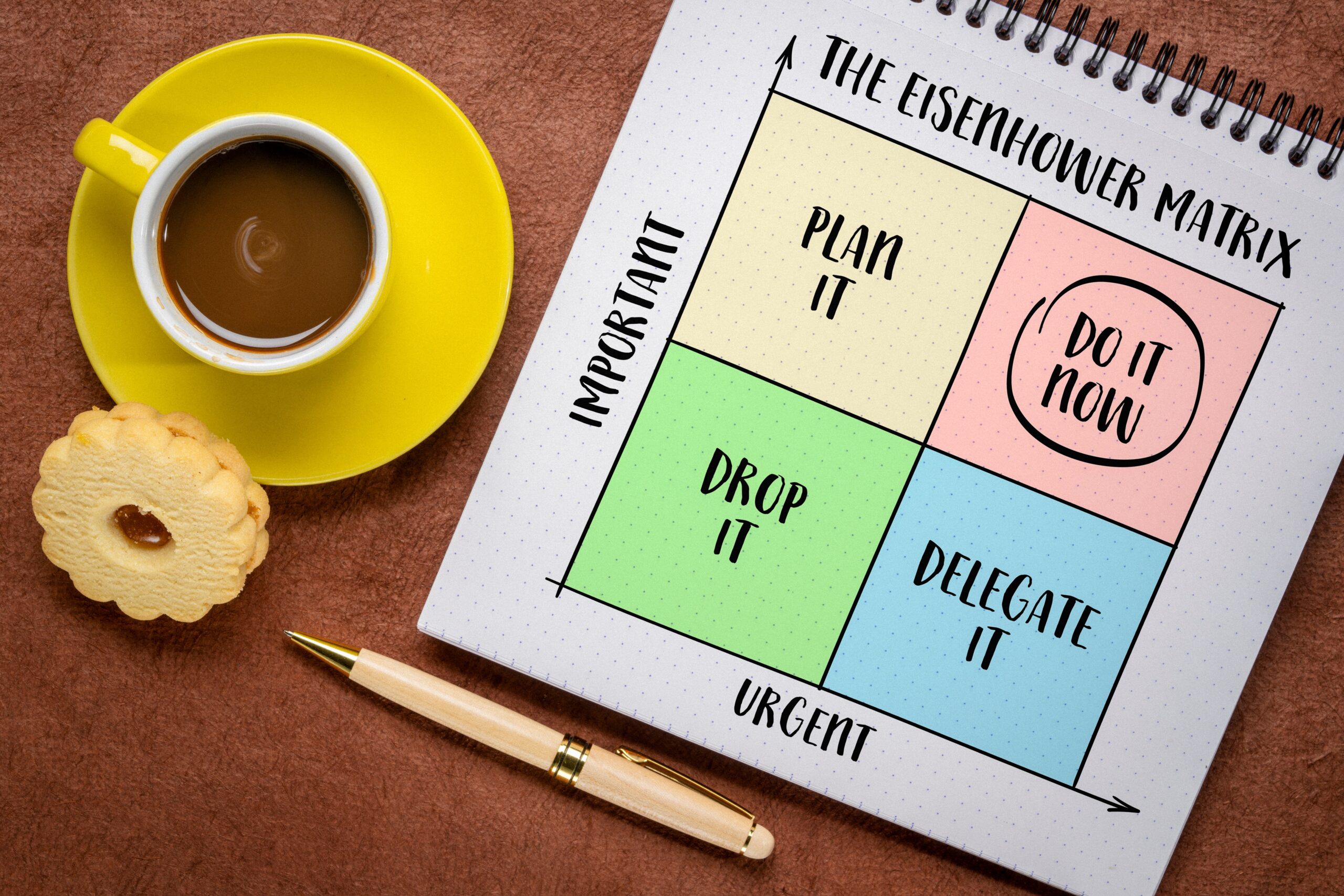
The Eisenhower Matrix is a tool that helps you categorize tasks based on urgency and importance. By using this matrix, you can eliminate tasks that don’t contribute to your overall goals and focus on what truly matters. This method helps you avoid distractions by bringing attention to the most critical tasks first, rather than getting caught up in trivial activities. Once you develop the habit of using this matrix, it becomes easier to say no to distractions and focus on what moves you forward. It’s an excellent way to manage time and energy effectively.
Set Clear, Achievable Goals
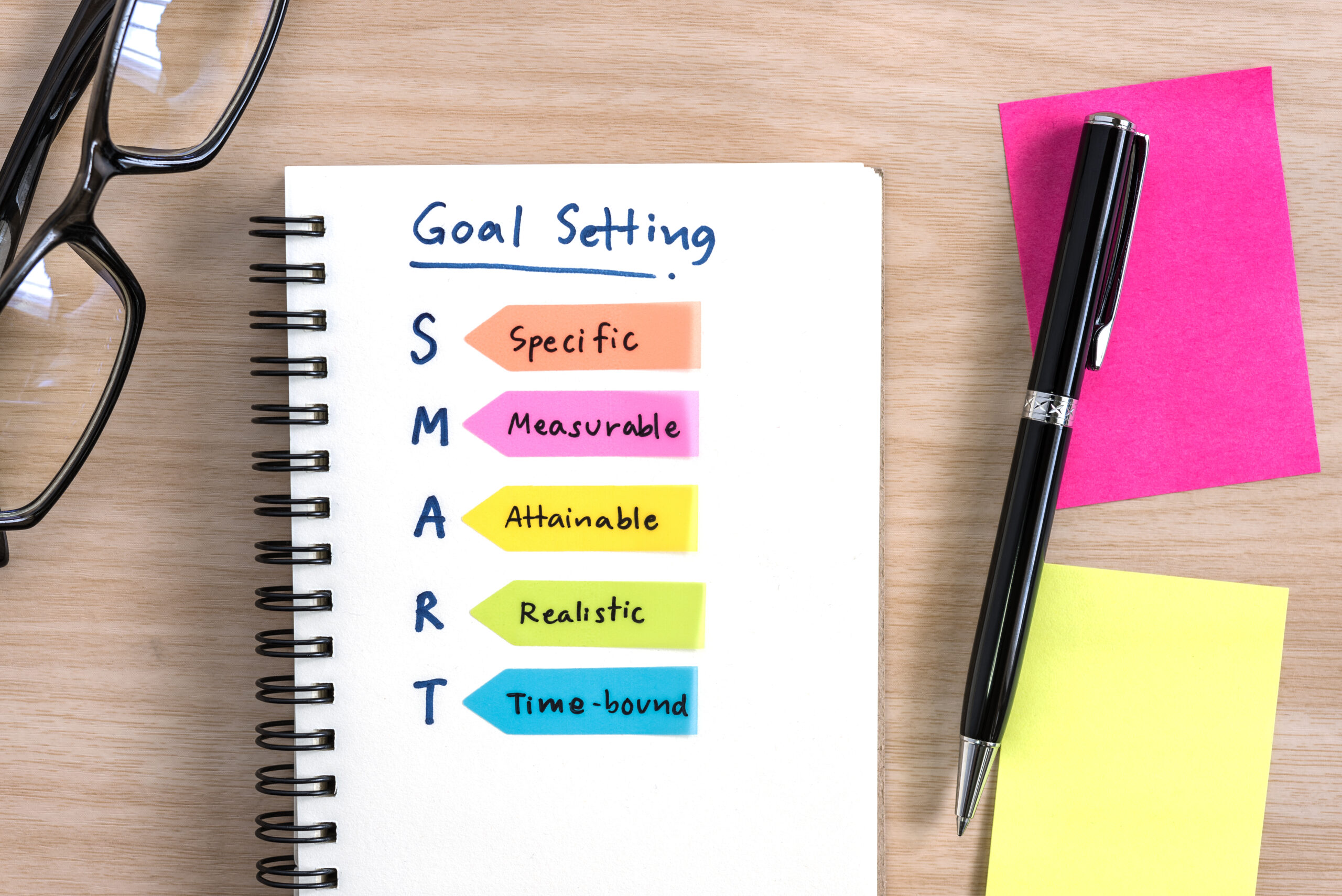
When you have clear goals, it’s easier to stay focused because you know exactly what you’re working towards. Break your larger goals into smaller, manageable tasks that you can tackle one by one. This not only keeps you focused but also provides a sense of accomplishment as you check off tasks. With each small win, you’ll feel motivated to continue working towards your bigger objective. Having clear direction reduces the chances of aimless wandering, keeping distractions at bay.
Use the Pomodoro Technique

The Pomodoro Technique involves working for a set period (typically 25 minutes) followed by a short break. This method helps maintain focus because you know there’s a break coming, which reduces the temptation to check your phone or browse the web during work time. After four Pomodoros, take a longer break to recharge. The technique works because it leverages both focus and rest, preventing burnout while keeping distractions to a minimum. It’s a highly effective way to boost concentration for short bursts of time.
Turn Off Non-Essential Notifications
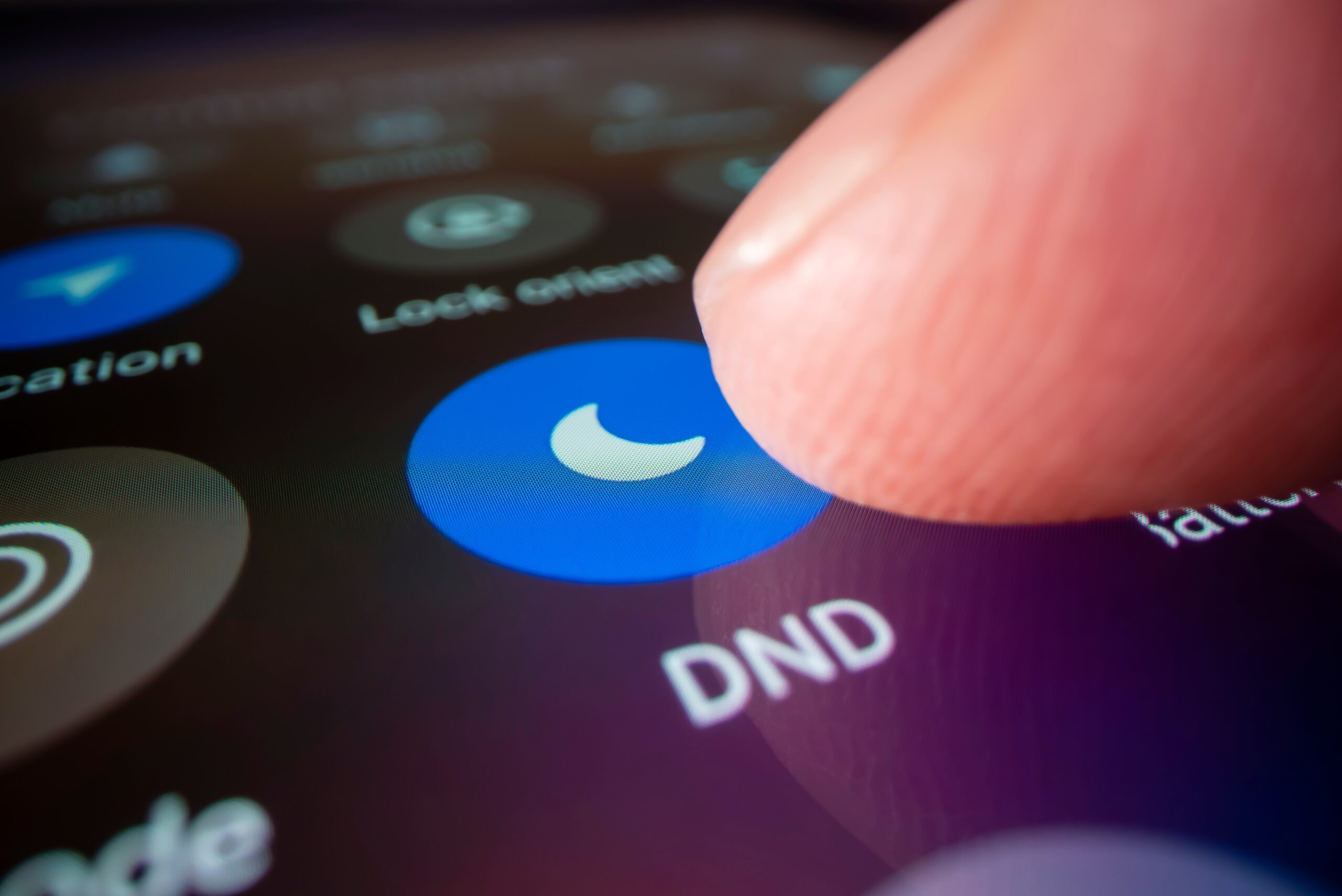
Notifications from apps, emails, or messages can pull your attention away from your work, even if you don’t engage with them immediately. Turning off non-essential notifications allows you to work uninterrupted for longer periods. Consider setting “Do Not Disturb” on your devices during focused work times, so only the most critical alerts come through. This simple step can dramatically cut down on distractions. Without constant pings demanding your attention, your brain can stay engaged with the task at hand.
Break Big Tasks into Smaller Steps

Large tasks can feel overwhelming, which may lead to procrastination and getting distracted by less important things. By breaking down big tasks into smaller, actionable steps, you reduce the mental load and make the task more approachable. Each small step brings you closer to completion, allowing you to focus on progress rather than feeling stuck. Additionally, the satisfaction of finishing each small task motivates you to keep going. This approach makes it easier to stay focused on completing the task at hand.
Use Noise-Canceling Headphones

Background noise can be a major source of distraction, especially if you work in a busy or shared environment. Noise-canceling headphones help create a personal bubble where you can focus without interruptions from the sounds around you. Whether you prefer complete silence or instrumental music, noise-canceling headphones can reduce auditory distractions. They signal to others that you’re in focus mode, reducing the likelihood of being interrupted. Investing in a good pair of headphones is a small price to pay for better concentration.
Establish Boundaries with Others
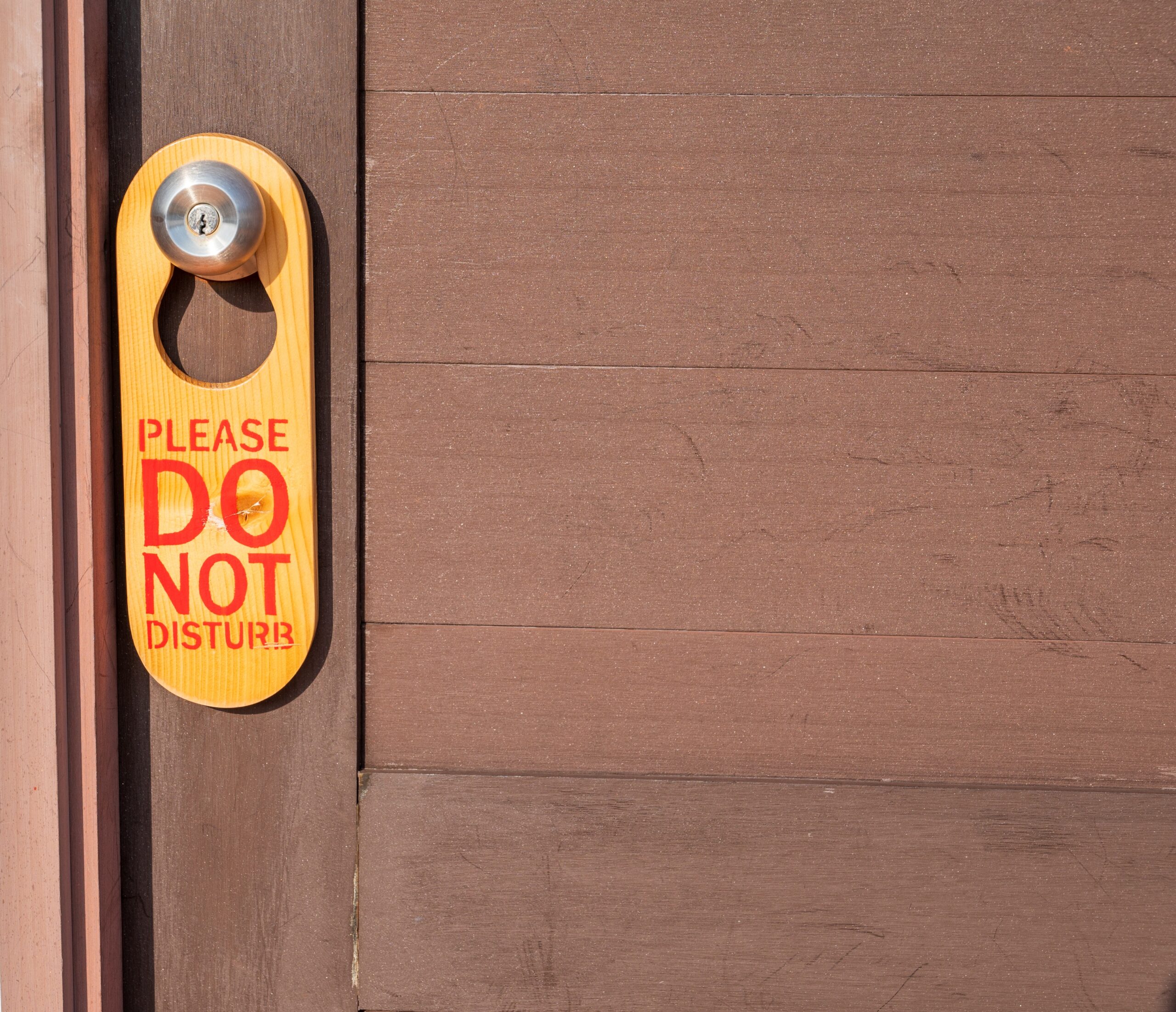
It’s important to communicate with friends, family, or colleagues about when you need to focus. Let them know when you’re unavailable for conversations or interruptions, and set specific times to reconnect. Establishing these boundaries helps reduce unnecessary distractions and shows others that you value your time. Being clear about your needs not only benefits your focus but also creates mutual respect with those around you. Over time, people will adapt to your schedule, allowing you more uninterrupted time.
Practice Mindfulness and Meditation

Practicing mindfulness helps train your brain to stay in the present moment, which improves your ability to focus. Regular meditation can also improve concentration by reducing stress and enhancing mental clarity. Even a short, daily mindfulness routine can help you become more aware of when distractions are pulling your attention away. Over time, you’ll notice an increased ability to focus on tasks without your mind wandering. Mindfulness is a powerful tool for enhancing focus in a world full of distractions.
Minimize Multitasking

Multitasking often leads to decreased productivity and more errors because it divides your attention. By focusing on one task at a time, you can give it your full effort, resulting in better quality work and faster completion. Commit to finishing one task before moving on to the next to avoid spreading your attention too thin. Research shows that multitasking can significantly reduce cognitive performance, so it’s better to tackle tasks one by one. The fewer tasks competing for your attention, the more focused you’ll be.
Declutter Your Digital Space
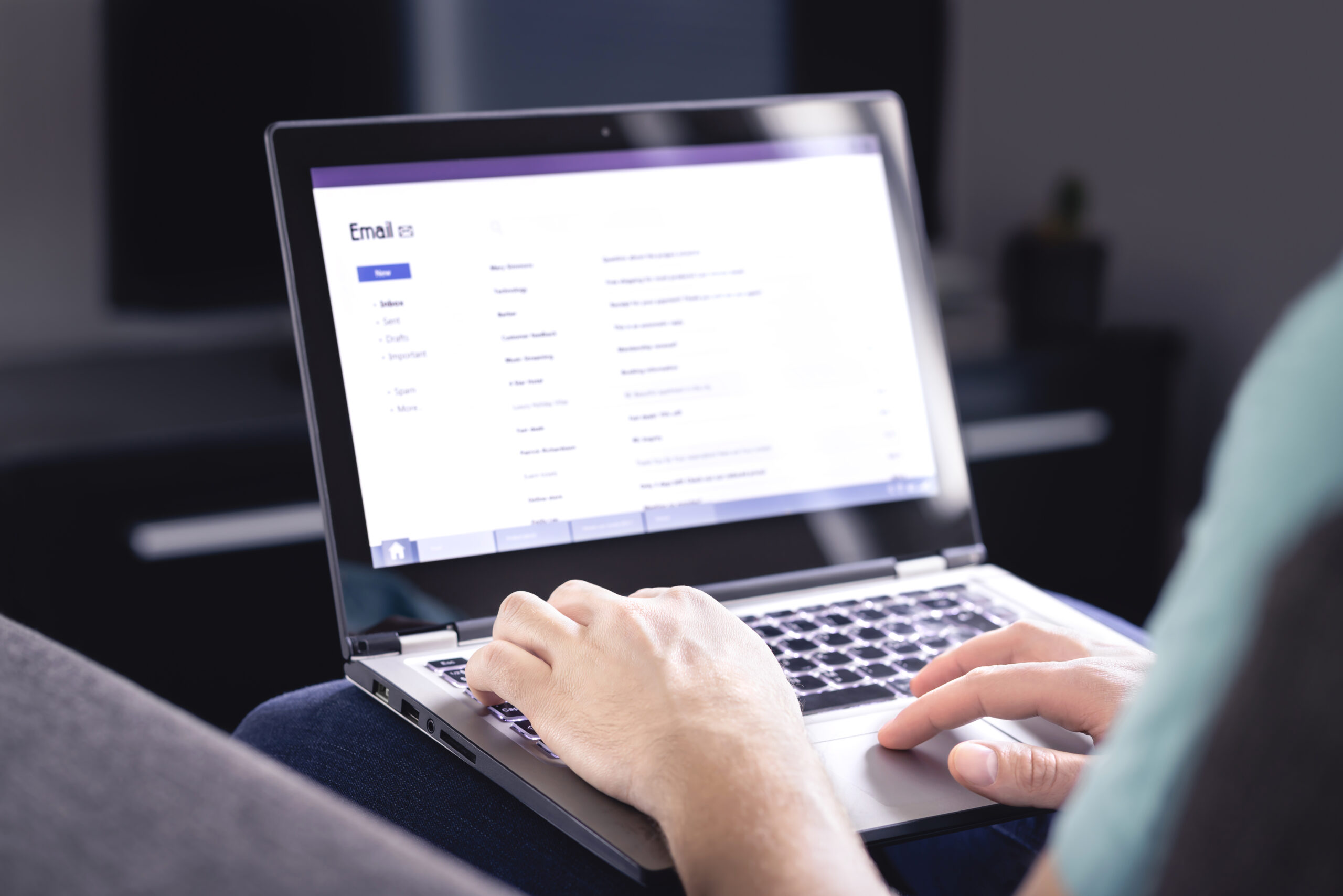
A cluttered desktop or inbox can be mentally overwhelming and make it harder to focus on the task at hand. Take time to organize your files, delete unnecessary emails, and close out unused tabs. Keeping a tidy digital workspace helps create a sense of mental clarity, allowing you to focus on the task without being distracted by visual clutter. Consider creating folders for different projects or tasks to keep things orderly. A clean digital space mirrors a clean mind, which leads to better focus.
Schedule Regular Breaks

Working for long periods without breaks can cause mental fatigue, making you more prone to distractions. Scheduling regular breaks helps you maintain focus by giving your brain a chance to rest and recharge. Step away from your workspace, stretch, or take a walk to refresh your mind before returning to work. Breaks also reduce the urge to procrastinate because you know you’ll have time to relax after completing a task. A refreshed mind is more focused and capable of sustained productivity.
Stay Hydrated and Nourished

Dehydration and hunger can negatively impact your concentration, leading to unnecessary distractions as your body tries to get your attention. Keep water nearby and snack on healthy foods throughout the day to maintain your energy levels. Proper hydration and nutrition keep your brain functioning at its best, allowing you to stay focused for longer periods. Avoid sugary snacks or drinks that lead to energy crashes, as these can make it harder to concentrate. Maintaining your physical health is essential for mental focus.
This article originally appeared on RetailShout.
More From RetailShout
15 `Healthy` Foods Nutritionists Say You Should Avoid

We all strive to make healthier choices, but sometimes the foods we think are beneficial may be misleading. Despite their health halos, some popular “healthy” foods can harm our well-being. Read More.
15 Easy Trader Joe’s Bowls You Can Whip Up in Minutes

Trader Joe’s is the go-to spot for quick and easy meals, especially when you’re pressed for time but still want something tasty. Whether you’re juggling a busy schedule or just don’t feel like spending hours in the kitchen, there are plenty of easy bowls you can throw together in minutes. Read More.
10 Dishes You Should Never Choose on a First Date

First dates are all about getting to know each other, but some foods can really throw a wrench in your plans. Whether it’s the smell, the mess, or the effort required to eat it, certain dishes are better left for another time. Read More.






